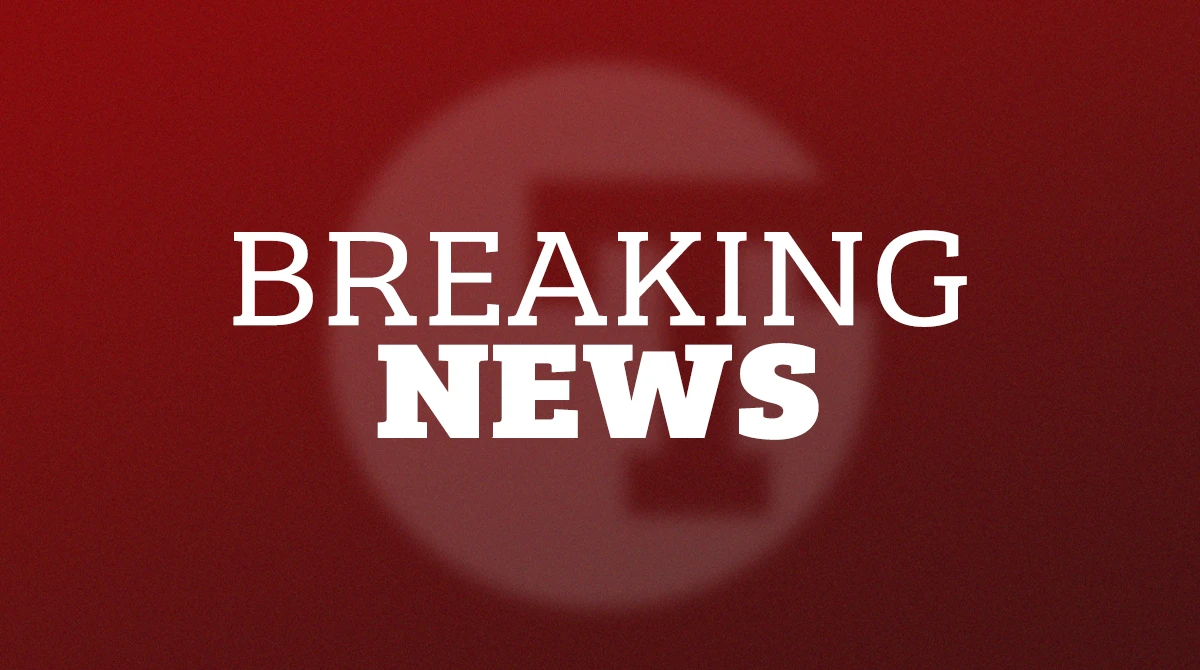Trump announces key cabinet picks ahead of first White House visit since 2021 exit
 US President-elect Donald Trump alongside his Homeland Security pick Kristi Noem. (Getty Images)
US President-elect Donald Trump alongside his Homeland Security pick Kristi Noem. (Getty Images)
Donald Trump has named a slew of new cabinet members as he gears up for a pivotal return to the White House on Wednesday. The visit, which will be his first since his contentious exit in 2021, comes as the Republican Party seizes control of both chambers of Congress, securing a trifecta of power heading into the new year.
The 78-year-old, fresh off a resounding victory over Vice President Kamala Harris in last week’s election, will meet President Joe Biden in the Oval Office. Trump’s trip to Washington marks a significant political shift, as he prepares to reclaim the presidency after a period of legal and political turbulence.
Key appointments signal hardline policies
Trump has made swift moves to solidify his administration, tapping a mix of military veterans, hardline conservatives, and trusted allies for key positions. Among the high-profile appointments announced Tuesday, Trump chose Pete Hegseth, a Fox News host and former military officer, as his nominee for defense secretary. In a statement, Trump declared, “With Pete at the helm, America’s enemies are on notice. Our military will be great again, and America will never back down.”
Trump is also expected to nominate Florida Senator Marco Rubio as secretary of state, a position that will see Rubio take a leading role in shaping U.S. foreign policy. Known for his firm stance on China, Rubio’s appointment signals that Trump is prioritizing a confrontational approach to global challenges.
Additionally, Trump named Congressman Mike Waltz, a former special forces officer, as national security advisor. Waltz has been vocal about his opposition to isolationist policies and is expected to push for a strong military presence abroad. Meanwhile, John Ratcliffe, Trump’s former director of national intelligence, was appointed to head the CIA, with Trump praising Ratcliffe’s commitment to safeguarding American constitutional rights.
Tough stance on immigration
Trump’s cabinet choices on immigration reflect his hardline stance on the issue, with a focus on strengthening borders and cracking down on illegal immigration. He tapped Tom Homan, a veteran immigration official, to serve as “border czar,” a role that will likely involve overseeing deportation initiatives. Trump’s decision to bring Stephen Miller, the architect of his controversial “Muslim ban,” back into his inner circle as deputy chief of staff further underscores his tough immigration agenda.
South Dakota Governor Kristi Noem was also named to lead the Department of Homeland Security, a post she is expected to use to push for stricter immigration enforcement.
Foreign policy focus
Trump’s foreign policy picks have raised eyebrows, particularly as he continues to position the U.S. as a staunch ally of Israel. Former Arkansas Governor Mike Huckabee was tapped as ambassador to Israel, while New York Congresswoman Elise Stefanik was chosen as UN ambassador. These appointments align with Trump’s longstanding support for Israeli interests.
In another significant foreign policy move, Trump named businessman Steven Witkoff as special advisor to the Middle East, signaling continued efforts to strengthen U.S. relations in the region.
Divisive return to power
Trump’s impending return to the White House represents both a political comeback and a personal victory. After his defeat in 2020, Trump faced widespread criticism for his role in inciting the January 6 Capitol riot, and he was widely seen as politically marginalized. However, his swift return to power has cemented his dominance within the Republican Party, and his cabinet appointments suggest an administration set on rolling back progressive policies and embracing a more nationalistic approach.
Despite the usual Senate confirmation process for many of his nominees, Trump is reportedly considering recess appointments to sidestep the traditional vetting process. He has made it clear that Republicans seeking leadership in the Senate must support this strategy, further consolidating his control over party loyalty.



